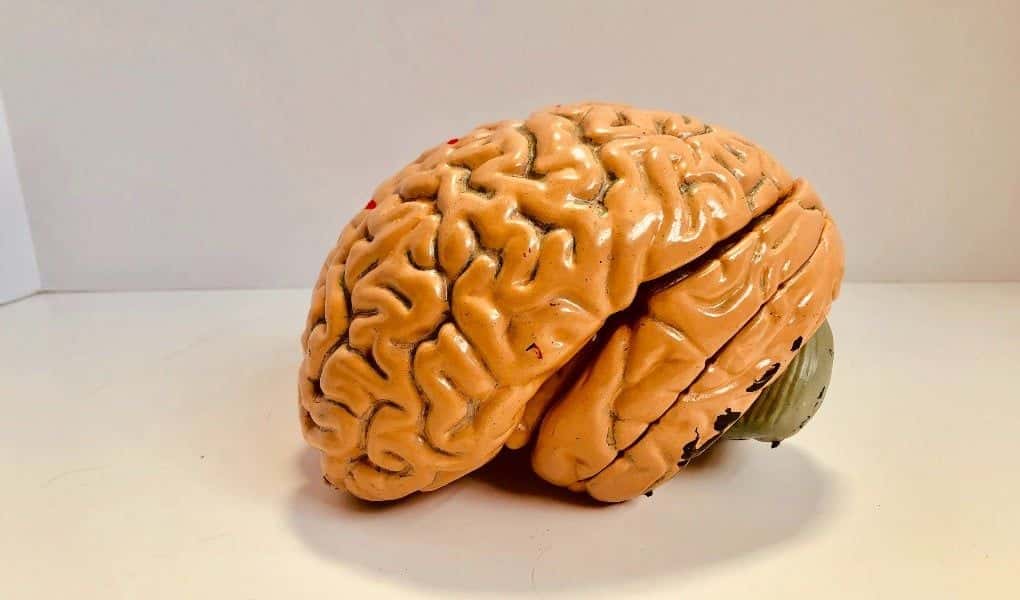Psychiatry Expert’s Expertise in Behavioral Conditions Challenged
The plaintiff sued the defendant city for the toll on his mental health because of his nearly three-year criminal defense. He retained a psychiatry expert witness.
Updated on
Court: United States District Court for the Central District of CaliforniaJurisdiction: FederalCase Name: Ortega v. City of L.A.Citation: 2019 U.S. Dist. LEXIS 136650
The expert opined on the plaintiff’s medical and behavioral disorders resulting from the criminal defense. The defendants claimed the expert was unqualified to testify on psychiatric conditions involving adults.
Facts
The plaintiff was the subject of a perjury and identity theft investigation. He was arrested for allegedly impersonating a licensed private investigator. The plaintiff had secured investigation contracts with the defendant city. That criminal case was dismissed, and the plaintiff filed a suit against the defendants. He retained a psychiatry expert witness to determine the mental health and medical implications of his nearly three-year criminal defense.
The Plaintiff’s Psychiatry Expert Witness
The psychiatry expert witness trained medical students at the UCLA Department of Psychiatry. The expert taught students diagnostic criteria regarding psychiatric conditions for more than 20 years. From 1985 to 2000, she worked as a physician who examined and treated mental disabilities in some adults. Her cognitive behavioral therapist (CBT) work includes all age groups, including adults. The expert did not have a CBT certificate. However, her training predated the certification process, and she had sufficient experience in psychotherapeutic modality.
The expert testified that the plaintiff suffered from major depressive disorder, post-traumatic stress disorder, and anxiety-related somatic concerns. The plaintiff also suffered from sleep deprivation, bruxism, and tachycardia, according to the expert’s testimony. The defendants sought to exclude her opinions. The defendants argued the expert was not qualified to give such testimony. Furthermore, the defendants claimed that she failed to evaluate the plaintiff properly.
Arguments
The defendants argued that the expert lacked the experience and qualifications to treat psychiatric conditions in adults. The defendants further asserted that the expert was a board-certified pediatrician. Furthermore, the expert had no formal residency training or practical experience in the diagnosing and treating psychiatric conditions in general and specifically in adults. They argued that she did not have the requisite practical knowledge to consider herself a psychiatry expert for adults. The defendants claimed that she lacked any formal instruction from a CBT resource or training center.
The defendants also contended that the expert did not conduct a neuropsychological evaluation of the plaintiff. Instead, the expert focused on her claim that the plaintiff had some attention and cognitive deficits, according to the defendants. The expert relied solely on the plaintiff’s grievances to infer that he had some mental health issues. She relied solely on the plaintiff’s claims to conclude his sleeping habits and did not perform a sleep study.
In response, the expert stated that in formulating her conclusions, she relied on another doctor’s neuropsychological test of the plaintiff. She also relied on her mental status appraisal of the plaintiff, which she claims validated the other doctor’s findings. Furthermore, the expert witness relied on the plaintiff’s dental and medical records.
Discussion
The court observed that the base of each argument against the expert’s qualifications questioned her degree of expertise in psychiatric conditions involving adults. The court noted that she had sufficiently shown her competency in determining whether and to what degree the plaintiff had certain behavioral and medical disorders. The defendants did not explain why this methodology was unreliable as per the Daubert standard. Besides, the defendants’ psychiatry expert had also depended on the other doctor’s report and the plaintiff’s medical and dental history. Moreover, there was no evidence the defendants’ expert examined the plaintiff.
Ruling
The court denied the defendants’ motion to exclude the psychiatry witness’s testimony.
Key Takeaways for Experts
Having formal training in the case topic can be beneficial in the admissibility of an expert’s opinion. Although, it’s not always necessary. It is crucial that your background supports what you’re opining about. In this case, the defendants argued that the psychiatry expert lacked expertise in psychiatric conditions involving adults. However, the court found that the expert was competent enough to determine the plaintiff’s mental state. It’s helpful to have training in education in the topic you’re testifying about. But it’s also important that your knowledge and expertise back your expert opinion.
About the author
Wendy Ketner, M.D.
Dr. Wendy Ketner is a distinguished medical professional with a comprehensive background in surgery and medical research. Currently serving as the Senior Vice President of Medical Affairs at the Expert Institute, she plays a pivotal role in overseeing the organization's most important client relationships. Dr. Ketner's extensive surgical training was completed at Mount Sinai Beth Israel, where she gained hands-on experience in various general surgery procedures, including hernia repairs, cholecystectomies, appendectomies, mastectomies for breast cancer, breast reconstruction, surgical oncology, vascular surgery, and colorectal surgery. She also provided care in the surgical intensive care unit.
Her research interests have focused on post-mastectomy reconstruction and the surgical treatment of gastric cancer, including co-authoring a textbook chapter on the subject. Additionally, she has contributed to research on the percutaneous delivery of stem cells following myocardial infarction.
Dr. Ketner's educational background includes a Bachelor's degree from Yale University in Latin American Studies and a Doctor of Medicine (M.D.) from SUNY Downstate College of Medicine. Moreover, she is a member of the Board of Advisors for Opollo Technologies, a fintech healthcare AI company, contributing her medical expertise to enhance healthcare technology solutions. Her role at Expert Institute involves leveraging her medical knowledge to provide insights into legal cases, underscoring her unique blend of medical and legal acumen.
Subscribe to our newsletter
Join our newsletter to stay up to date on legal news, insights and product updates from Expert Institute.
Sign up nowFind an expert witness near you
What State is your case in?
Subscribe to our newsletter
Join our newsletter to stay up to date on legal news, insights and product updates from Expert Institute.



